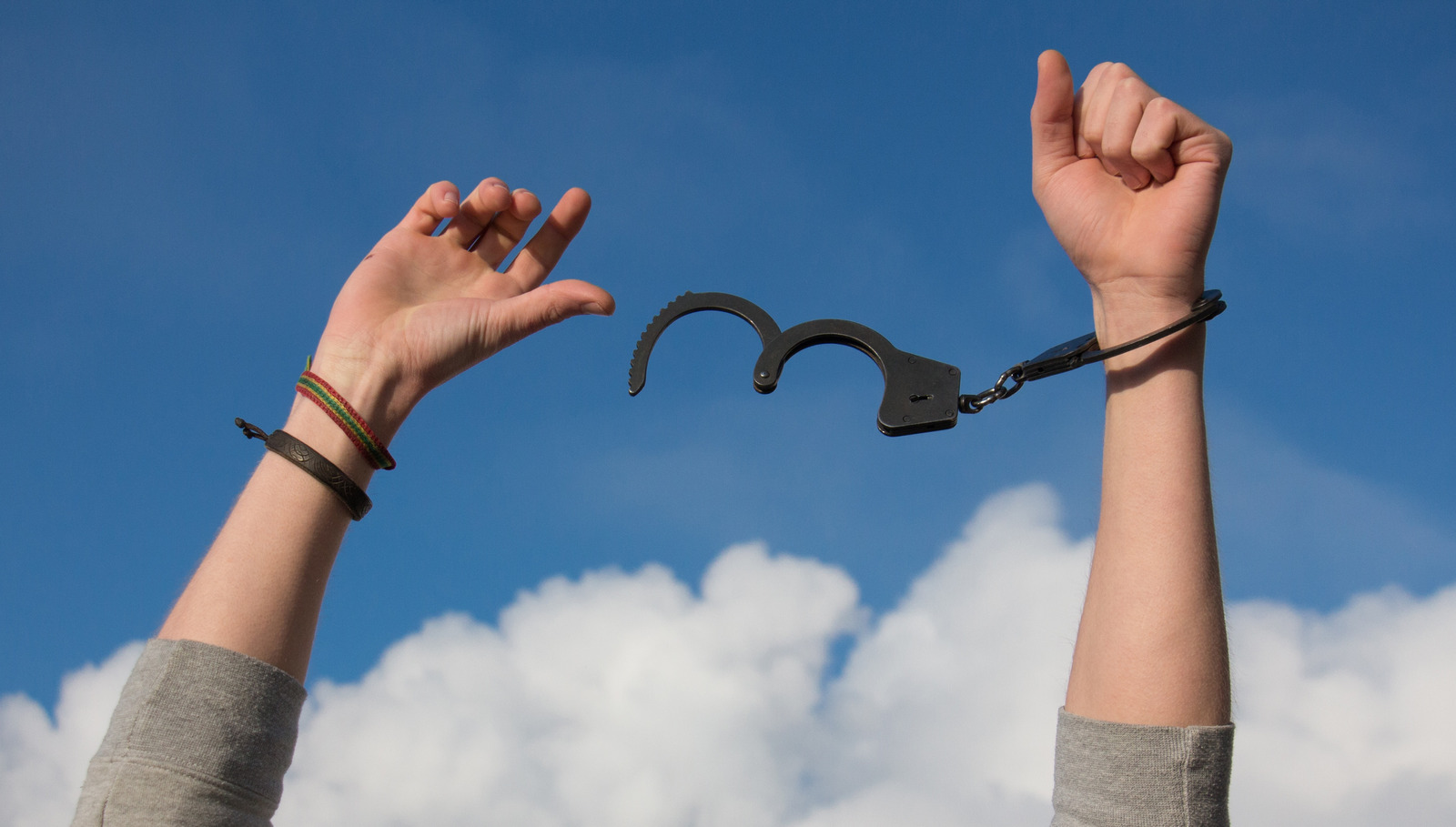When asking “is a drug legal?” you are asking a loaded question. This is because when we ask about drug legality, we often think of consuming a substance, whereas it is typically possession, distribution, and manufacturing of a drug that is regulated by law. Additionally, there may be certain circumstances where the legality changes.
Alcohol
Alcohol probably provides the greatest example of how the legality of a substance can vary greatly depending on location and various circumstances. Although alcohol is considered a legal substance in most of the United States, there are limits to its legality. For one, there are a number of “dry” communities that prohibit the sale of alcohol. There are 33 states that have laws allowing local governments to prohibit the sale of alcohol whereas there are 17 states that have laws precluding the existence of any dry counties. Florida is one of the first 33 states mentioned, allowing counties to elect to go dry by public referendum. Still, there are only 3 dry counties in the state that are either partially or fully dry. These include Lafayette, Liberty, and Washington counties.
Underage Drinking
In addition to the presence of dry counties, the legal age limit to drink alcohol in the United States is 21. This is one of the highest drinking age restrictions, with the exception of countries that completely ban the purchase or consumption of alcohol. Selling or giving alcohol to an individual under 21 can lead to severe legal consequences.
Drinking & Driving
An adult age 21 or older can legally consume alcohol, but throughout the country, it is illegal to drink and operate a motor vehicle. When purchasing a driver’s license, the recipient agrees that they will take a sobriety test if requested by law enforcement. Denial of a sobriety test will result in an immediate 1-year license suspension. Driving with a blood-alcohol level over .08 is an arrestable offense that can result in criminal charges such as a DUI. If a driver’s BAC is over .15, the penalties can be more severe if convicted on a DUI.
Selling Alcohol
Not only is selling alcohol to minors illegal, but any place of business must apply for and secure a liquor license before they can sell any alcohol on their premises. Selling alcohol without a proper license is also a criminal offense that can lead to a hefty fine and jail time.
Marijuana
Weed and marijuana-based substances are possibly more complex substances than alcohol in regards to legality. It was not that long ago that marijuana was illegal in all 50 states, and the substance is still technically labeled by the DEA as a Schedule I illicit substance. However, the landscape around this substance is changing frequently and more toward leniency or legality. For instance, in Colorado, it is fully legal to smoke, grow, or sell marijuana for recreational or medicinal purposes. In other states, like Kansas or Alabama, even medical marijuana is illegal.
CBD Legality
CBD is a form of marijuana that has such trace amounts of THC that it does not make you high, but has been shown to provide the calming effects of marijuana. This substance stands in somewhat of a legal gray area as it is derived from a type of hemp, but does not provide the same effects when consumed. Many parts of the country are still in the process of formulating laws around this particular form of marijuana but states including Georgia have recently passed laws allowing the sale and use of these low THC products.
As mentioned above, laws in regards to marijuana are constantly changing and they vary drastically from one state to another. Disa.com has done a great job of compiling the latest state by state data as a reference: https://disa.com/map-of-marijuana-legality-by-state
Prescription Medication
When it comes to prescription medication, the legality is pretty simple. The manufacturing, distribution, and sale of prescription medication are highly regulated. If an individual is not given a prescription, they should not have the medication. These regulations are put in place for safety reasons, such as preventing addiction, overdose, or other consequences. Still, some people will produce illicit forms of these substances to sell on the streets, such as heroin and fentanyl.
Street Drugs
Meth, ecstasy, and spice are just a few examples of addictive and illegal street drugs. These substances are usually highly addictive, impure, and unsafe. For this reason, the manufacture, sale, and possession of any of these street drugs are illegal. There are no exceptions to the legality of these known street drugs. When it comes to which drugs are illegal, these ones are completely illegal.
However, there are always new substances that are being synthesized and sold on the streets. It can be difficult for the government to enforce a substance that is not known. These are the substances that are most dangerous for the user and for law enforcement because it is impossible to know how any individual on a new drug will act or how to treat them in a medical emergency.
Sources:
https://en.wikipedia.org/wiki/List_of_dry_communities_by_U.S._state


